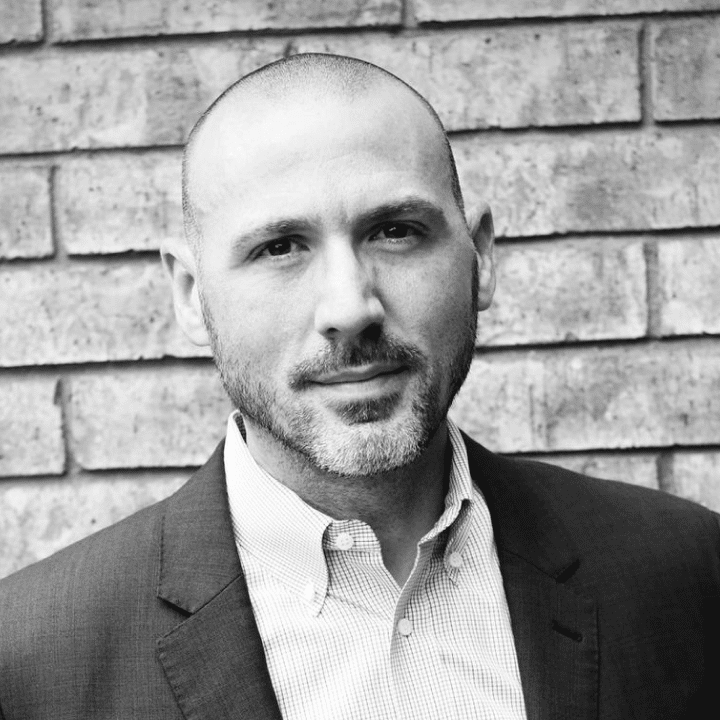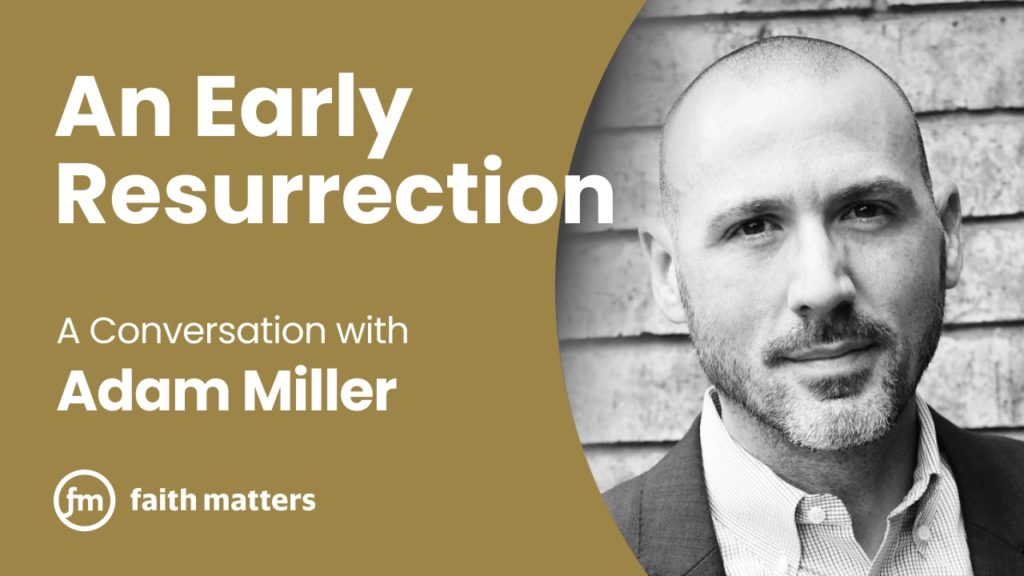To the grim news 2020 has brought us, add the sudden and tragic death of Collin Kartchner in October at age 40.
Kartchner was a hero to our adult children. He was a sort of prophet crying in the wilderness with a message for today’s parents. With wit and infectious passion he spoke this difficult truth to hundreds of thousands of kids and their parents:
Smartphones and social media are behind the biggest public health crisis in generations. Addiction to screens and to apps like Instagram, Snapchat, Twitter and TikTok are behind astronomical rates of anxiety, depression and teen suicide. Add in the risk of connecting with predators and cruel cyberbullying, and teens are facing the perfect storm.
In this TEDx talk from 2018, Kartchner turns questions he gets from parents back on them. To the question “When is it OK to give my little Johnny a cell phone?” he replies “When are you OK letting him look at pornography?” To the question “When should I give little Katie an Instagram account?” he asks “When are you OK for her to start feeling anxiety and question her self worth? Because the minute we hand kids these devices is the minute they stop being a kid.”
Kartchner continues:
Smartphones and social media, when we hand them to our kids, are literally stealing their joy. It’s robbing from them the ability to create and feel real connection. Instead of dealing with their emotions and their feelings head-on, kids are just scrolling on their phones to numb their pain and their feelings, which is robbing them of resiliency.
Many of you readers have likely seen the Netflix documentary phenomenon The Social Dilemma. If not, make sure to put it on your watch list. A fascinating and sobering film. Our children watched it not long ago and insisted we check it out.
In The Social Dilemma, a dozen or so high-powered Silicon Valley executives make a public confession of sorts, and issue a sober warning about Social Media, the Frankenstein’s monster they helped create. They lay bare the methods and motivations of some of the largest and most powerful companies on the planet, like Google (including Youtube) and Facebook (including Instagram). They paint a truly horrific picture. There’s a reason many Silicon Valley executives put very strict limits on their children’s access to smartphones and other devices (if they allow access at all).
The bottom line of the film is this: The most powerful companies in the world, those companies that make it so convenient for us to communicate, buy and sell things and be entertained, are competing to control our minds and our attention, collectively and individually, in very sophisticated ways.
Their primary business objective is to capture and maintain increasing amounts of our attention. They are very good at it, and getting better every day. Our best intentions are no match for their methods. For most young people, the technology is simply too compelling to put down or look away.
We have a number of good friends who are mental health and addiction therapists along the Wasatch Front in Utah. They can’t keep up with the mental health epidemic, and they point to smartphones and social media as a chief cause. We hear them say things like
These kids are disconnected from the people around them. Disconnected from their bodies. Disconnected from the intelligence of the heart. Lost in their heads. Confused and insecure about their identity.

One friend said “At the very time of life when our kids should be forming a healthy and lasting identity, we’ve essentially stepped aside and turned that job over to Instagram, Snapchat, Twitter and TikTok.”
In our faith, we like to see our youth as a “generation of destiny.” But some observers use other names to describe it. The “Unconscious Generation.” Or “Generation Like.”
“Why did we give our kids these smartphones and social media apps?” one of them asks. “Most parents have no idea the damage it’s doing, because their children live a compartmentalized shadow life on social media. Parents want to think they can teach and trust their kids to use their devices in a good way, but they’re playing a game that is rigged against them.”
Of course, many parents are equally addicted to their screens and social media, which is where the problem really starts. Kids learn from their parents early on that screens are the most fascinating thing in the world. Why else would they spend so much time staring at them? But their parents have one advantage. If they grew up during the 80s and 90s, at least they had a chance to cultivate a healthy identity in a pre-social media world. We don’t give most kids that luxury. We give them smartphones instead.
Our church must now face up to its own “Social Dilemma.”
With characteristic optimism, we have welcomed and embraced technology and social media as powerful ways to communicate the gospel of Jesus Christ to the world. And of course they can be, and sometimes are, used in just that way. We will use the means of technology to achieve a noble end.
But can the end (sharing the gospel) really justify the means (using technology that is fundamentally designed to addict us)?
We need to be courageous about speaking the truth: Giving teens and pre-teens smart phones is a really bad idea. The fact that almost every parent is doing it does not make it any less damaging. It just makes it much more difficult to do the right thing.
We as a church need to take a serious look at ways to support families who want to opt out of the world of screens and social media.
We as a church need to foster ways to create more “screen-free zones” at home, at church, in seminary and institute classes, etc.
In Lin Manuel Miranda’s play Hamilton, there is a scene in which Alexander Hamilton counsels with his teenage son Phillip about a conflict that had devolved into a challenge to a duel. Dueling was an insane practice, of course, but it was a thing. Hamilton gives his son his dueling pistol but, being a good father, also offers advice on exactly how proceed so that no one gets hurt. Alexander and Eliza Hamilton bury Phillip the next day.
Years later, Eliza would be widowed when Alexander, dueling pistol in hand, suffered a similar fate at the hands of Aaron Burr. What rich irony that Hamilton was giving his child all the “rules” of dueling when he clearly had no idea how to even protect himself.
The Hamiltons’ destinies could have played out differently. Alexander could have thrown that pistol in the East River rather than committing parental malpractice by placing it in the hands of his son. He might have saved his own life in the process.
Today’s youth may yet be a generation of destiny. But nothing is pre-destined. We parents owe it to them to be very careful about what we place in their hands.



